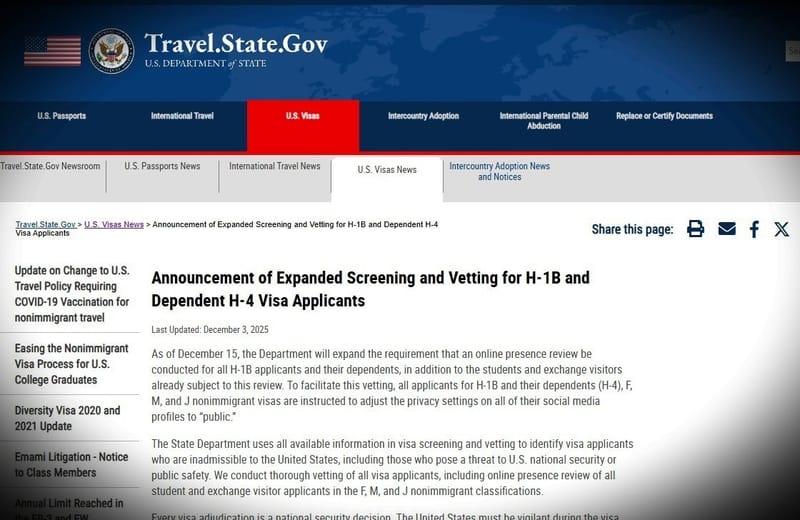Wipro HR Chief Details Minimal H-1B Visa Fee Hike Impact Due to Localization Strategy
This article highlights how major IT firms are adapting to stricter H-1B policies through localization, demonstrating a significant shift in global talent strategies.

Subscribe to our newsletter and stay informed about latest H1B news, policy updates and and other developments.
Article Summary
Wipro's HR head, Saurabh Govil, stated that the recent H-1B visa fee hike will have minimal business impact on the company due to its localization strategy, with 80% of its US workforce being local. This statement followed Wipro's Q2FY26 earnings announcement, where the company also discussed continued hiring and a decrease in voluntary attrition.
Original Article: livemint.com
[ Sentiment: neutral | Tone: factual ]
This summary and analysis were generated by TheNewsPublisher's editorial AI. This content is for informational purposes only; it does not constitute legal or immigration advice.
[ Sentiment: neutral | Tone: factual ]
This summary and analysis were generated by TheNewsPublisher's editorial AI. This content is for informational purposes only; it does not constitute legal or immigration advice.
TNP AI: Key Insights
This report offers crucial insight into how major Indian IT service providers are strategically adapting to evolving US H-1B visa policies. Wipro's emphasis on a localized US workforce demonstrates a proactive approach to mitigate the financial and operational risks associated with increased visa fees and stricter regulations, a trend that has accelerated under recent administrations.
For skilled professionals, this trend suggests a potential shift in hiring priorities towards US-based talent for certain roles within these companies, which could impact the volume and nature of H-1B sponsorships. For employers, it underscores the increasing importance of robust domestic recruitment and training programs to ensure business continuity amidst policy uncertainties, potentially leading to reduced reliance on the H-1B program from such firms in the long term.




